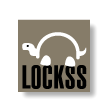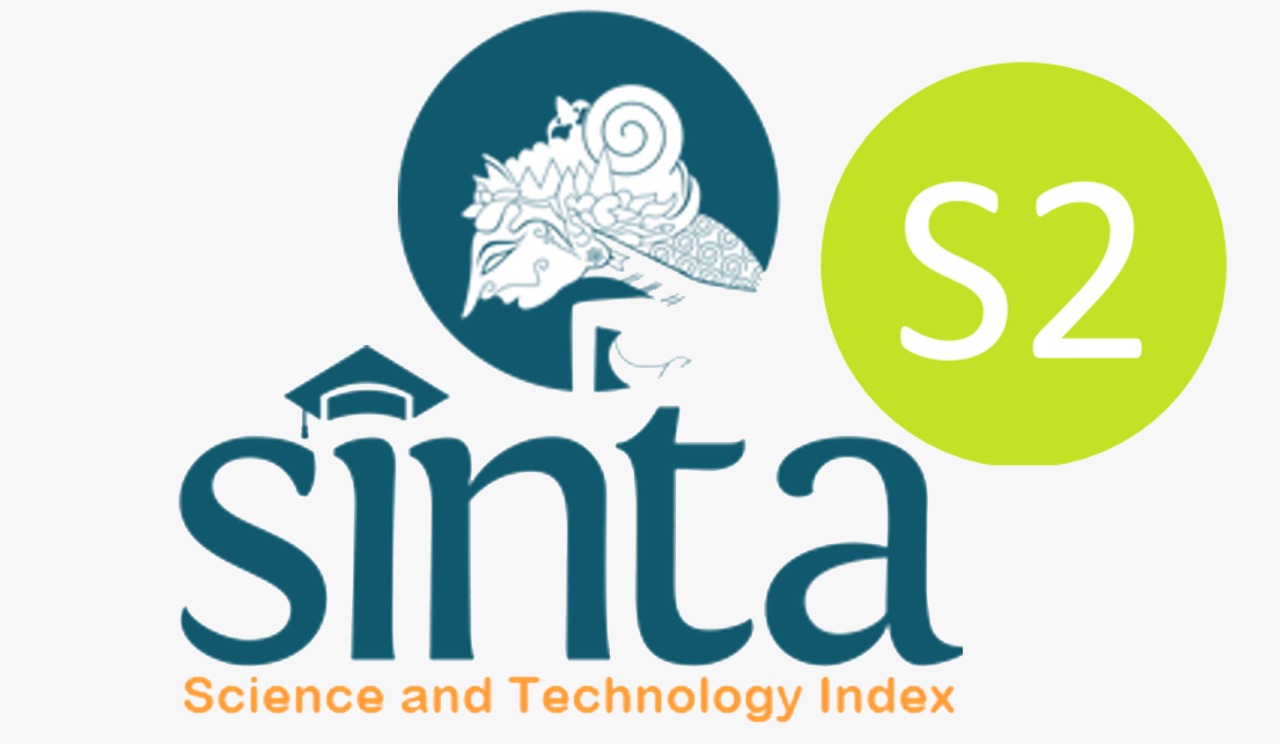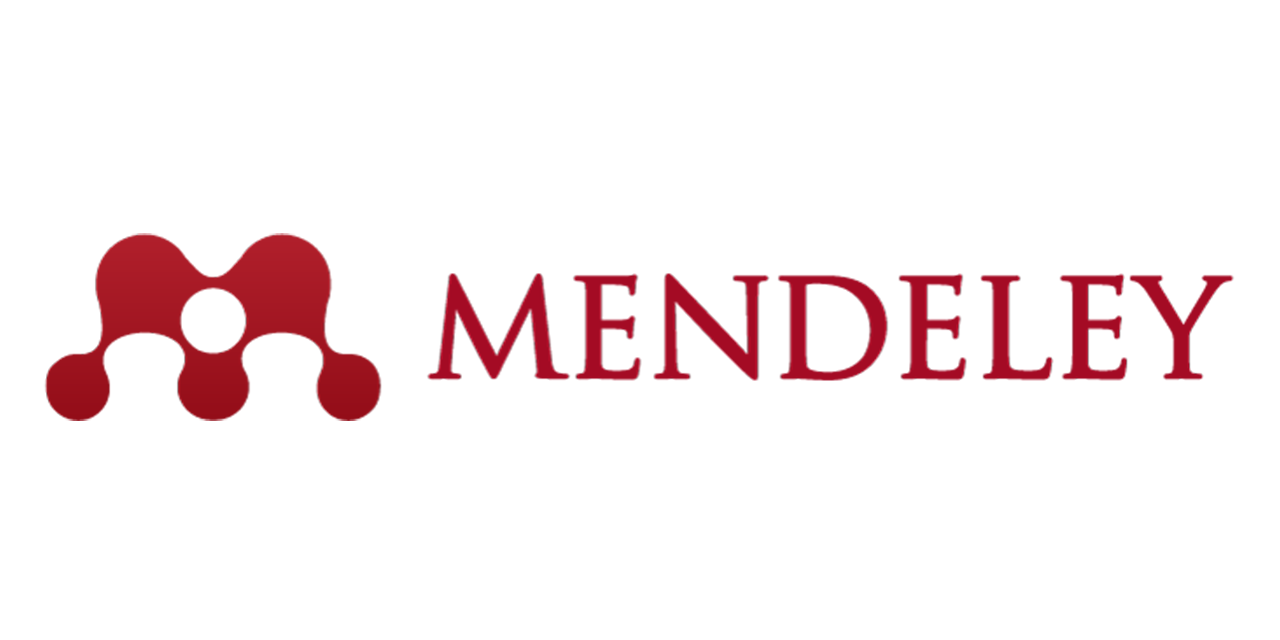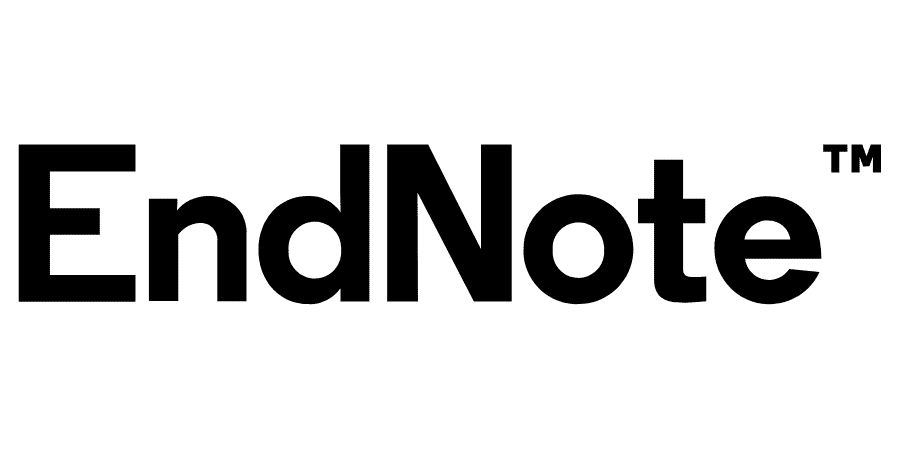Focus and Scope
Journal of Economics and Business (JEBA) focuses on the field of economics and business. The scope of JEBA:
- Accounting, reporting and taxation
- Economics, monetary, economic development, and environmental economic
- Islamic economics, Islamic finance and banking, and Islamic social finance
- Management, marketing management, financial management, operational management, human capital management, e-business, and entrepreneurship
Section Policies
Articles
Peer Review Process
Open Access Policy
This journal provides immediate open access to its content on the principle that making research freely available to the public supports a greater global exchange of knowledge.
Archiving
This journal utilizes the PKP PN, LOCKSS and CLOCKSS systems to create a distributed archiving system among participating libraries and permits those libraries to create permanent archives of the journal for purposes of preservation and restoration.
Publication Frequency
(JEBA) Jurnal Ekonomi dan Bisnis Airlangga is published by Universitas Airlangga two times a year in May and November.
Publication Ethics
Jurnal Ekonomi dan Bisnis Airlangga (JEBA) follows the Committee on Publication Ethics (COPE) principles, including its Code of Conduct and Best Practice Guidelines for Editors and Publishers. The journal is committed to maintaining integrity, transparency, and ethical standards to support a responsible research environment and credible knowledge dissemination.
A selection of key points is included below, but you should always refer to the documents listed above for full details.
1. Duties of Editors
1.1 Fair Play and Editorial Independence
Editors evaluate submitted manuscripts exclusively on the basis of their academic merit (importance, originality, study's validity, clarity) and its relevance to the journal's scope, without regard to the authors' race, gender, sexual orientation, ethnic origin, citizenship, religious belief, political philosophy or institutional affiliation. Decisions to edit and publish are not determined by the policies of governments or any other agencies outside of the journal itself. The Editor-in-Chief has full authority over the entire editorial content of the journal and the timing of publication of that content.
1.2 Confidentiality
Editors and editorial staff will not disclose any information about a submitted manuscript to anyone other than the corresponding author, reviewers, potential reviewers, other editorial advisers, and the publisher, as appropriate.
1.3 Disclosure and Conflicts of Interest
Editors and editorial board members will not use unpublished information disclosed in a submitted manuscript for their own research purposes without the authors' explicit written consent. Privileged information or ideas obtained by editors as a result of handling the manuscript will be kept confidential and not used for their personal advantage. Editors will recuse themselves from considering manuscripts in which they have conflicts of interest resulting from competitive, collaborative, or other relationships/connections with any of the authors, companies or institutions connected to the papers; instead, they will ask another member of the editorial board to handle the manuscript.
1.4 Publication Decisions
The editors ensure that all submitted manuscripts being considered for publication undergo peer-review by at least two reviewers who are expert in the field. The Editor-in-Chief is responsible for deciding which of the manuscripts submitted to the journal will be published, based on the validation of the work in question, its importance to researchers and readers, the reviewers' comments, and such legal requirements as are currently in force regarding libel, copyright infringement and plagiarism. The Editor-in-Chief may confer with other editors or reviewers in making this decision.
1.5 Involvement and Cooperation in Investigations
Editors (in conjunction with the publisher and/or society) will take responsive measures when ethical concerns are raised with regard to a submitted manuscript or published paper. Every reported act of unethical publishing behavior will be looked into, even if it is discovered years after publication. Jurnal Ekonomi dan Bisnis Airlangga editors follow the COPE Flowcharts when dealing with cases of suspected misconduct. If, on investigation, the ethical concern is well-founded, a correction, retraction, expression of concern or other note as may be relevant, will be published in the journal.
2. Duties of Reviewers
2.1 Contribution to Editorial Decisions
Peer review assists editors in making editorial decisions and, through editorial communications with authors, may assist authors in improving their manuscripts. Peer review is an essential component of formal scholarly communication and lies at the heart of scientific endeavor. Jurnal Ekonomi dan Bisnis Airlangga shares the view of many that all scholars who wish to contribute to the scientific process have an obligation to do a fair share of reviewing.
2.2 Promptness
Any invited referee who feels unqualified to review the research reported in a manuscript or knows that its prompt review will be impossible should immediately notify the editors and decline the invitation to review so that alternative reviewers can be contacted.
2.3 Confidentiality
Any manuscripts received for review are confidential documents and must be treated as such; they must not be shown to or discussed with others except if authorized by the Editor-in-Chief (who would only do so under exceptional and specific circumstances). This applies also to invited reviewers who decline the review invitation.
2.4 Standards of Objectivity
Reviews should be conducted objectively and observations formulated clearly with supporting arguments so that authors can use them for improving the manuscript. Personal criticism of the authors is inappropriate.
2.5 Acknowledgment of Sources
Reviewers should identify relevant published work that has not been cited by the authors. Any statement that is an observation, derivation or argument that has been reported in previous publications should be accompanied by the relevant citation. A reviewer should also notify the editors of any substantial similarity or overlap between the manuscript under consideration and any other manuscript (published or unpublished) of which they have personal knowledge.
2.6 Disclosure and Conflicts of Interest
Any invited referee who has conflicts of interest resulting from competitive, collaborative, or other relationships or connections with any of the authors, companies or institutions connected to the manuscript and the work described therein should immediately notify the editors to declare their conflicts of interest and decline the invitation to review so that alternative reviewers can be contacted.
Unpublished material disclosed in a submitted manuscript must not be used in a reviewer's own research without the express written consent of the authors. Privileged information or ideas obtained through peer review must be kept confidential and not used for the reviewer's personal advantage. This applies also to invited reviewers who decline the review invitation.
3. Duties of Authors
3.1 Reporting Standards
Authors of original research should present an accurate account of the work performed and the results, followed by an objective discussion of the significance of the work. The manuscript should contain sufficient detail and references to permit others to replicate the work. Review articles should be accurate, objective and comprehensive, while editorial 'opinion' or perspective pieces should be clearly identified as such. Fraudulent or knowingly inaccurate statements constitute unethical behavior and are unacceptable.
3.2 Data Access and Retention
Authors may be asked to provide the raw data of their study together with the manuscript for editorial review and should be prepared to make the data publicly available if practicable. In any event, authors should ensure accessibility of such data to other competent professionals for at least 10 years after publication (preferably via an institutional or subject-based data repository or other data center), provided that the confidentiality of the participants can be protected and legal rights concerning proprietary data do not preclude their release.
3.3 Originality and Plagiarism
Authors should ensure that they have written and submit only entirely original works, and if they have used the work and/or words of others, that this has been appropriately cited. Publications that have been influential in determining the nature of the work reported in the manuscript should also be cited. Plagiarism takes many forms, from "passing off" another's paper as the author's own, to copying or paraphrasing substantial parts of another's paper (without attribution), to claiming results from research conducted by others. Plagiarism in all its forms constitutes unethical publishing behavior and is unacceptable.
3.4 Multiple, Duplicate, Redundant or Concurrent Submission/Publication
Papers describing essentially the same research should not be published in more than one journal or primary publication. Hence, authors should not submit for consideration a manuscript that has already been published in another journal. Submission of a manuscript concurrently to more than one journal is unethical publishing behavior and unacceptable.
The publication of some kinds of articles (such as clinical guidelines, translations) in more than one journal is sometimes justifiable, provided that certain conditions are met. The authors and editors of the journals concerned must agree to the secondary publication, which must reflect the same data and interpretation of the primary document. The primary reference must be cited in the secondary publication.
3.5 Authorship of the Manuscript
Only persons who meet these authorship criteria should be listed as authors in the manuscript as they must be able to take public responsibility for the content: (i) made significant contributions to the conception, design, execution, data acquisition, or analysis/interpretation of the study; and (ii) drafted the manuscript or revised it critically for important intellectual content; and (iii) have seen and approved the final version of the paper and agreed to its submission for publication. All persons who made substantial contributions to the work reported in the manuscript (such as technical help, writing and editing assistance, general support) but who do not meet the criteria for authorship must not be listed as an author, but should be acknowledged in the "Acknowledgments" section after their written permission to be named as been obtained. The corresponding author should ensure that all appropriate coauthors (according to the above definition) and no inappropriate coauthors are included in the author list and verify that all coauthors have seen and approved the final version of the manuscript and agreed to its submission for publication.
3.6 Disclosure and Conflicts of Interest
Authors should”at the earliest stage possible (generally by submitting a disclosure form at the time of submission and including a statement in the manuscript)”disclose any conflicts of interest that might be construed to influence the results or their interpretation in the manuscript. Examples of potential conflicts of interest that should be disclosed include financial ones such as honoraria, educational grants or other funding, participation in speakers' bureaus, membership, employment, consultancies, stock ownership, or other equity interest, and paid expert testimony or patent-licensing arrangements, as well as non-financial ones such as personal or professional relationships, affiliations, knowledge or beliefs in the subject matter or materials discussed in the manuscript. All sources of financial support for the work should be disclosed (including the grant number or other reference number if any).
3.7 Acknowledgment of Sources
Authors should ensure that they have properly acknowledged the work of others, and should also cite publications that have been influential in determining the nature of the reported work. Information obtained privately (from conversation, correspondence or discussion with third parties) must not be used or reported without explicit, written permission from the source. Authors should not use information obtained in the course of providing confidential services, such as refereeing manuscripts or grant applications, unless they have obtained the explicit written permission of the author(s) of the work involved in these services.
3.8 Peer Review
Authors are obliged to participate in the peer review process and cooperate fully by responding promptly to editors' requests for raw data, clarifications, and proof of ethics approval, patient consents and copyright permissions. In the case of a first decision of "revisions necessary", authors should respond to the reviewers' comments systematically, point by point, and in a timely manner, revising and re-submitting their manuscript to the journal by the deadline given.
3.9 Fundamental Errors in Published Works
When authors discover significant errors or inaccuracies in their own published work, it is their obligation to promptly notify the journal's editors or publisher and cooperate with them to either correct the paper in the form of an erratum or to retract the paper. If the editors or publisher learns from a third party that a published work contains a significant error or inaccuracy, then it is the authors' obligation to promptly correct or retract the paper or provide evidence to the journal editors of the correctness of the paper.
3.10 The SAGER Guidelines
The SAGER (Sex and Gender Equity in Research) principles encourage open and methodical reporting of gender and sex, particularly in social science research where social and biological factors intersect. Authors are expected to distinguish between "sex" (biological) and "gender" (social), define these concepts, and integrate them into the research question and design. Studies should justify inclusion criteria, enable disaggregated data collection, and present all findings, whether positive or negative, with appropriate ethical reflection. Researchers needs to clarify the relevance of gender and/or sex differences and indicate how these factors may have influenced the results and their larger implications.
4. Duties of the Publisher
4.1 Handling of Unethical Publishing Behavior
In cases of alleged or proven scientific misconduct, fraudulent publication or plagiarism, the publisher, in close collaboration with the editors, will take all appropriate measures to clarify the situation and to amend the article in question. This includes the prompt publication of an erratum, clarification or, in the most severe case, the retraction of the affected work. The publisher, together with the editors, shall take reasonable steps to identify and prevent the publication of papers where research misconduct has occurred, and under no circumstances encourage such misconduct or knowingly allow such misconduct to take place.
4.2 Access to Journal Content
The publisher is committed to the permanent availability and preservation of scholarly research and ensures accessibility by partnering with organizations and maintaining our own digital archive.
5. Ethics, Accountability, and Transparency
5.1 Editors are expected to make decisions solely on the basis of academic quality, without regard for financial ties or institutional influence. It is important to disclose any conflicts of interest, particularly financial ties to organizations that are referenced in the text.
5.2 Reviewers are expected to evaluate submissions impartially, free from affiliations or financial ties. They must avoid circumstances that might impair their judgment, disclose pertinent conflicts of interest, and maintain the confidentiality of the review process.
5.3 Authors have to disclose all financial assistance (grants, sponsorships, or institutional support) and clarify any interests that could be interpreted as influencing the objectivity of the research. They are accountable for being transparent about their methods, data, and affiliations, and they must avoid misleading or selective presentation of results.
6. Artificial Intelligence (AI)
Jurnal Ekonomi dan Bisnis Airlangga does not acknowledge Large Language Models (LLMs) like ChatGPT, Copilot, Gemini, etc., as co-authors. The journal also prohibits AI-generated images due to concerns about clarity of authorship, reproducibility, ethical accountability, potential bias, copyright issues, and unverifiable scientific claims. Any usage of AI must be described in the Methods or relevant sections. If AI is utilized for technical tasks such as deep learning, big data, or predictive modeling, it should be clearly stated, including the model type, purpose, and how bias or validation were addressed. AI is considered as a tool rather than a contributor.
6.1 Editors are only allowed to use AI techniques to detect plagiarism, and decisions must remain human-based. Any use of AI must be properly disclosed, maintained safe, and not threaten the confidentiality of the content. Editors are in charge of verifying AI-generated content and enforcing disclosure requirements.
6.2 Peer reviewers are not permitted to employ generative AI for evaluation due of its unreliability or bias. Reviewers should explicitly mention in their reports if AI is being employed for activities such as verifying claims or reviewing references.
6.3 Authors have to be transparent about whether and how AI was used, and they take full responsibility for all manuscript content, including anything generated by AI.
6. Retractions
Plagiarism Screening
This journal follows the Committee on Publication Ethics (COPE) guidelines and recommends authors review them at http://publicationethics.org/resources/guidelines.
Scanning of plagiarism on the manuscripts will be conducted by using Turnitin software. The similarity threshold is 20%. We will reject the manuscript with similarity rate above 20% and inform the author immediately through the email.



















